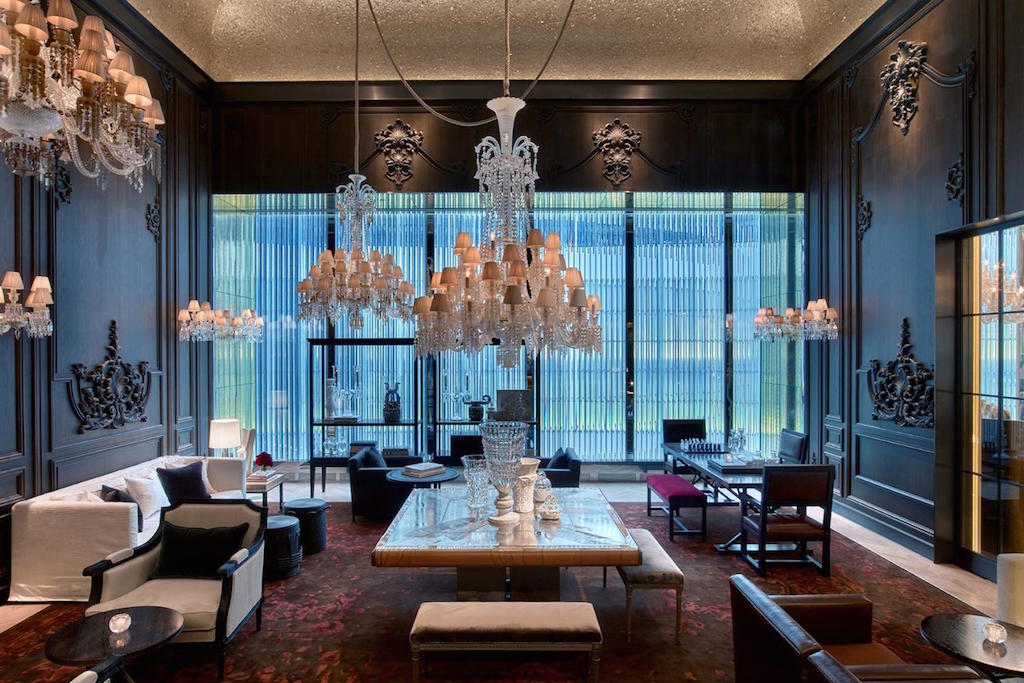Boutique Hoteliers Aren't Worried About Big Brands, Politics or Airbnb

Skift Take
Boutique hoteliers are just as optimistic about the future of their businesses as the CEOs of the big brands, but we wonder if their optimism is a bit overstated. In a world where "boutique" and "lifestyle" have become so ubiquitous, and even the big brands are adopting their design and service aesthetics, we wonder if boutique hotels can still hold onto their competitive advantage in an increasingly crowded marketplace of brands.
What are boutique hoteliers most worried about? It's not the big brands getting bigger, the looming Presidential election, or the threat of Airbnb or online travel agencies like Expedia or Booking.com. Instead, what's on their minds the most relates to changing customer behavior, rising payroll costs, sales and marketing, and finding just the right location for their properties.
That's according to the latest survey published by the Boutique Lifestyle & Lodging Association's (BLLA), "A Look at the Future of the Boutique Hotel Industry." Every year, the BLLA publishes the results of this survey as a measure of this sector of the hospitality industry and this year's results weren't much different from last year's.
